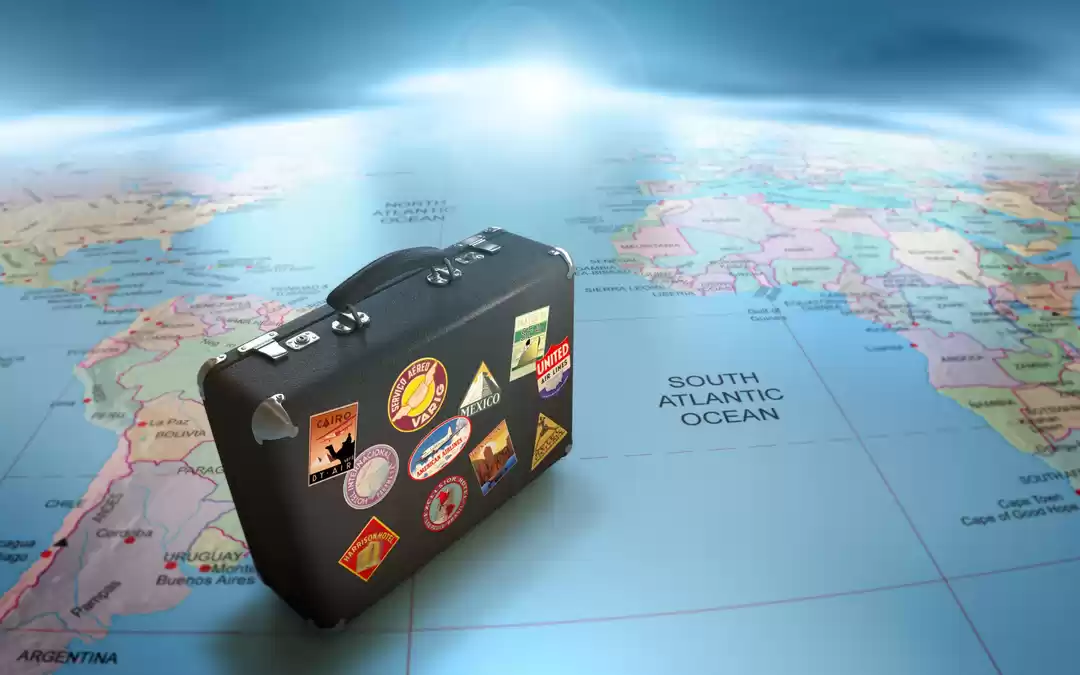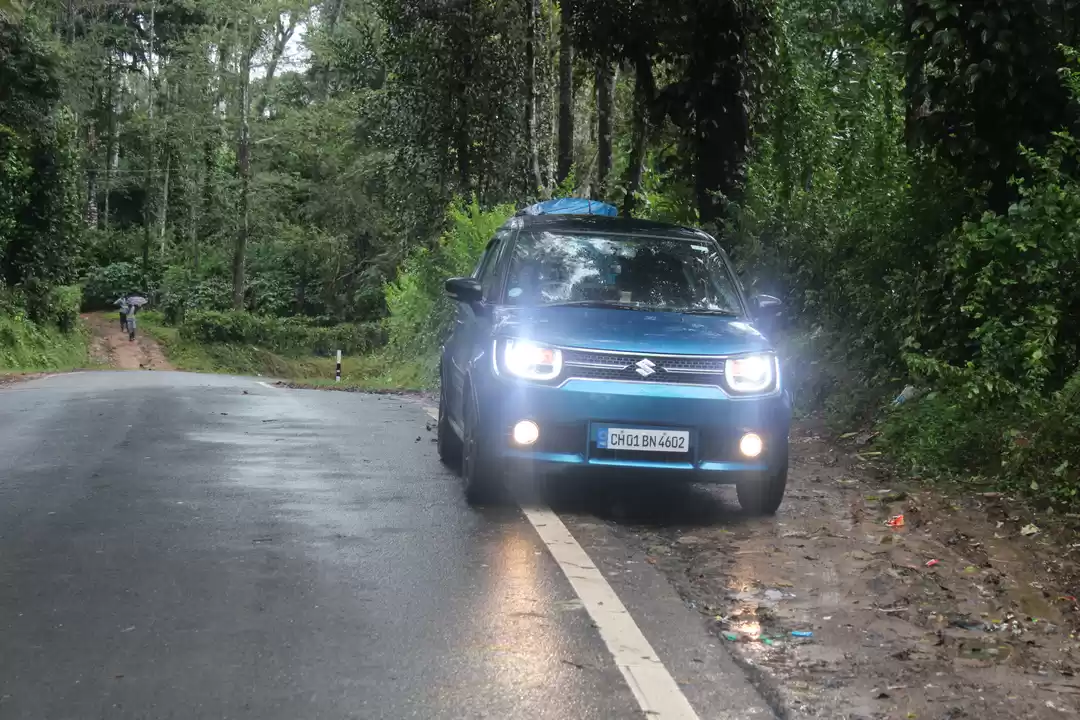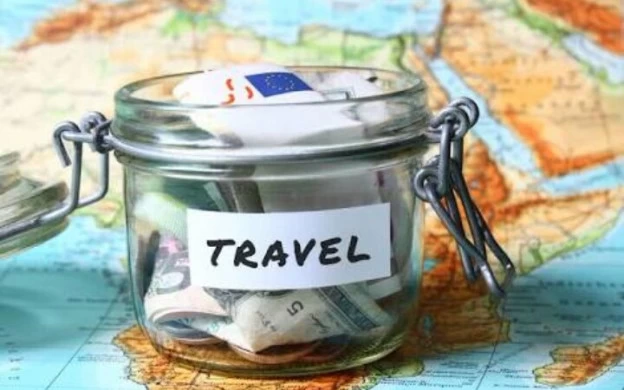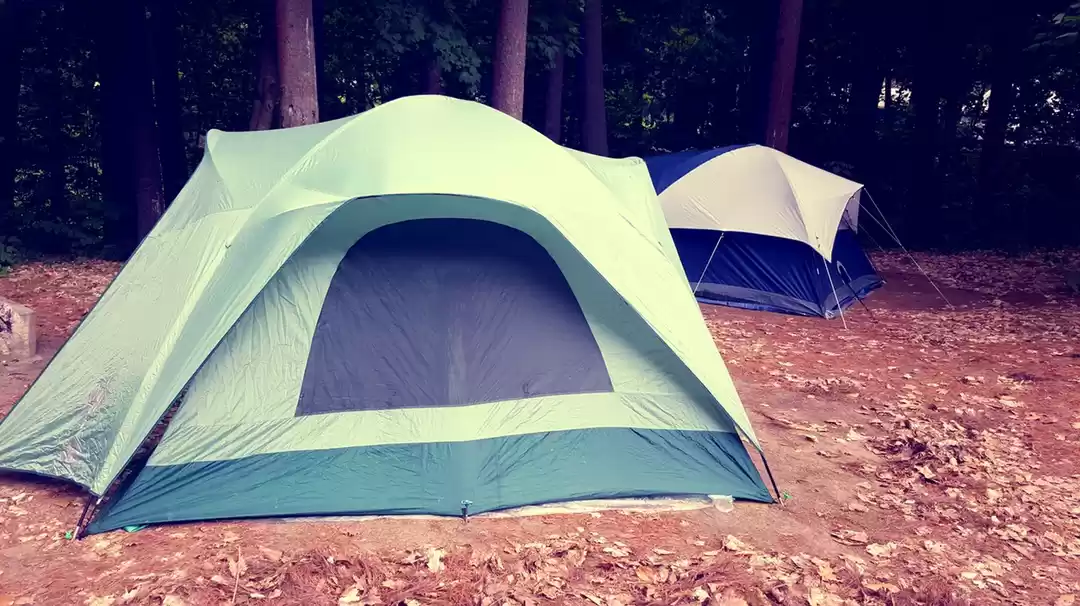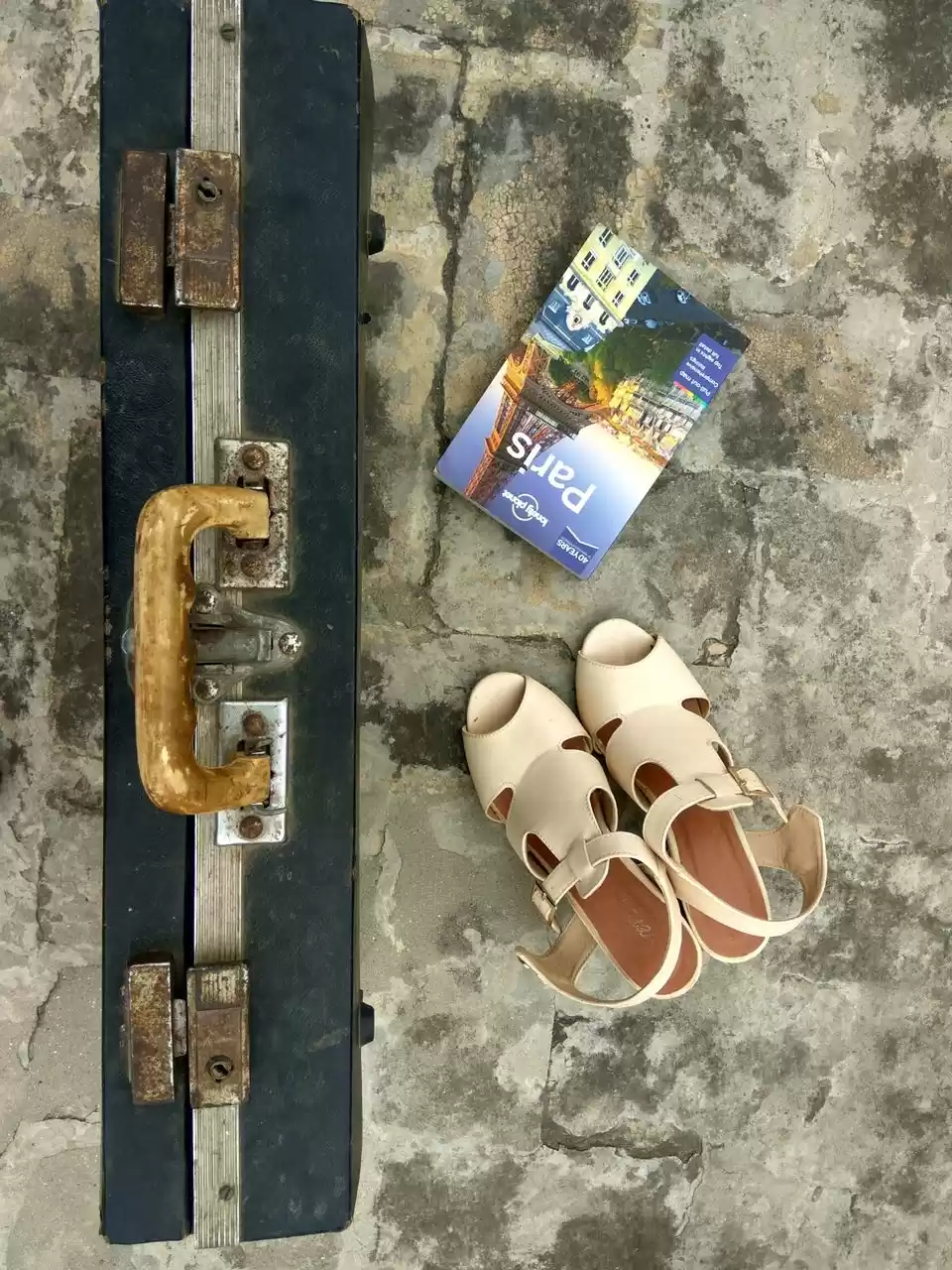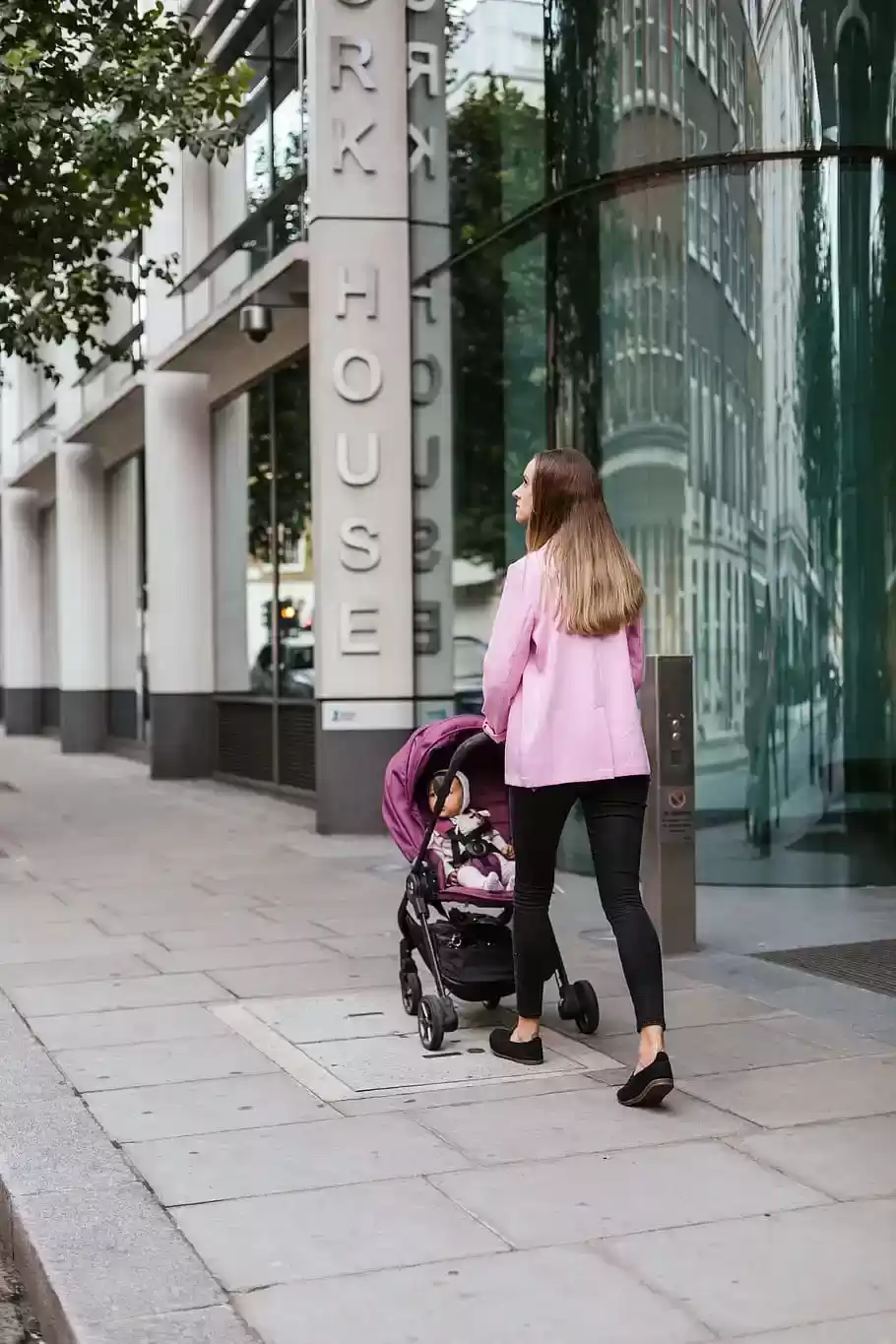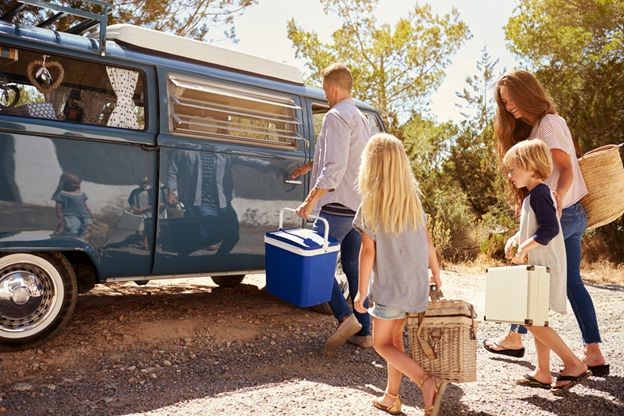
Car trips can be a satisfying way to travel with family thanks to the flexibility of travel time, the ability to stop if necessary and children who are familiar with the family car. However, sometimes long hours on the road can make looking after moody children and parents a real bind. Take the time to anticipate the unexpected and use these tips to properly prepare for spending time in the car so that your family's first journey is a happy one.
Get your Vehicle Ready
First of all, you need to make sure that your vehicle is ready for a long journey. To do this, you need to carefully check the car to make sure that there are no problems that can arise when travelling. By making an appointment with a car service technician at transmission shops to check your car fluids, brakes, air conditioning, tire pressure and wiper blades, you can make sure your car is in the best possible condition and prevent breakdowns or failures on the way. If you have a child-seat or fold-out seat, check that it is correctly installed.
Inventory items in your car to make sure you have include starter cables, flashlights, basic tools, a flashlight and other emergency supplies you may need in case of problems on the road. Other items that you definitely want to have on hand are antibacterial wipes, a small first aid kit, cosy blankets for trips on cold days, a cellphone charging cable and USB plug for each device.
Secure your Home
Before leaving, take precautions to secure your home and discourage thieves. Connect the interior lights to timers, leave the outside lights on, prepare your mail and newspapers, and get a neighbour to monitor the front door for unexpected packages. Additional tips for home security include asking a primary school-going neighbour to check the front door daily. This not only teaches the young person responsibility, but the additional incentive to spend the minimum amount of money per day provides excellent budgeting and money management skills. Turn your baby monitor into a home security system. If your nanny-cam can be accessed via an online site, you can also keep an eye on your home.
Do not Overload the Electronics
Travel movies and apps are great, but travelling is also a great opportunity to help children find more ideas for entertainment. It's important to give them space to come up with their own ideas instead of constantly providing them with DVDs and video games instead of free games that the whole family can play together.
Plan a Few Stops
Plan your trip before leaving. Combine your destination with a smartphone map or a map website to get a realistic picture of the length of the trip. This way you can also plan some nice stops. Search the internet for interesting tourist attractions along the route. Plan at least one stop in one or two parks when travelling so that children can play outdoors and parents can stretch their legs. Bring some non-spill bubbles, a frisbee and a ball for entertainment if you can't find a park with play equipment.
Be Ready for Crises
We're not just talking about an emergency supply of sugar lollipops. Make sure you have a roadside emergency kit filled with extra food, water and blankets, especially for winter trips. Take with you large zippered bags that can hold dirty clothes or can be used as a toilet for a small child in an emergency. Emergency numbers are also important. Always have a list of contact numbers - paediatricians, relatives and roadside assistance - in the car. If you print the map and/or written instructions for long car journeys, write down your contact numbers. This information can be invaluable, especially in the event of an accident.
Pack your Snacks
Nothing causes moody passengers faster than low blood sugar or thirst. If you pack your own snacks, you'll have your child's favourite items if they get hungry and you can help your family eat healthier on the go. Here are some things you may like to take with you on a journey: durable fruit and vegetables - apples, oranges, carrots, grapes, cucumbers and strawberries. Pack them in a small refrigerator or cooler box on the back seat so children can nibble on them between meals.
Frozen water bottles - If you fill the reusable bottles in half with water and freeze the previous night, you will have refreshing ice water for the drive. Choose healthy versions of favourites - if you bring snacks such as crackers or fries, choose multigrain varieties which are healthier.


















